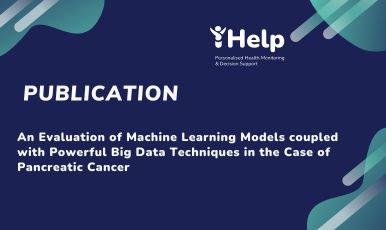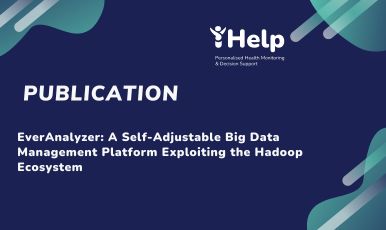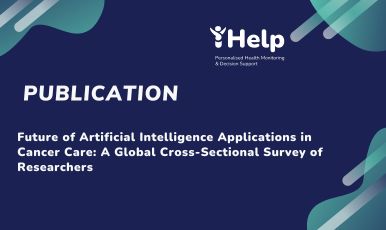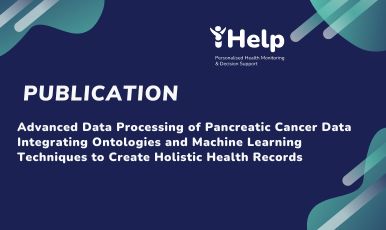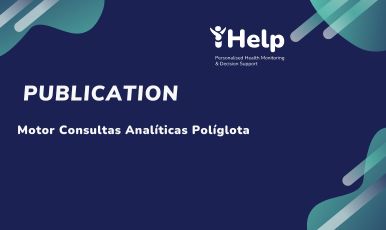SOURCE: 2023 International Conference on Applied Mathematics & Computer Science (ICAMCS); Publisher: IEEE, Published: 20 February 2024
The Primary Healthcare Providers’ Attitudes towards Artificial Intelligence and Information Communication Technologies Implementation into Pancreatic Cancer Risk Prediction, Prevention and Early Diagnosis
Abstract
The detection of Pancreatic cancer at the early stages of its development is still extremely difficult. This relatively rare malignant disease is notorious for its great mortality rate and extremely low patient life expectancy. One of the main reasons for this is the delayed diagnosis when the treatment of invasive and non-invasive procedures is ineffective. A lot of factors have been recognized as risky for the development of pancreatic cancer. The earliest possible detection of these factors by the patient could ease disease prevention, as part of the risk factors could be modified or mitigated. Capabilities of Information Communication Technologies (ICT) and Artificial Intelligence (AI) have the potential to support and enhance cancer prediction, prevention, and/or patient monitoring and management. The role of primary healthcare providers in disease screening and early detection is well-known. The objective of this study is to analyze the primary healthcare providers’ attitudes toward the utilization of ICT and AI in pancreatic cancer prediction, prevention, and early diagnosis. A survey based on a Likert 5-scale has been performed among 57 primary healthcare medical specialists in the context of the iHELP EU-funded project. The outcomes demonstrate that most of the medical specialists support the implementation of the ICT and AI technologies but are not fully confident about their capabilities and are efficient in detecting, extracting, and correlating significant medical data towards the development of reliable risk predictors and the provision of personalized recommendations for prevention and intervention. Finally, the AI tools that are developed in the context of the project are assessed and evaluated towards changing the expressed beliefs.


